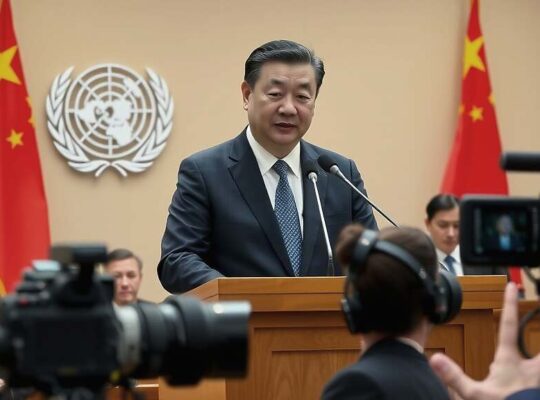The United Nations issued a statement on the International Day of the World’s Indigenous Peoples highlighting potential risks posed by the development and deployment of Artificial Intelligence (AI) to these communities. While acknowledging AI’s capacity to support cultural revitalization, empower youth and aid in climate change adaptation, the organization cautioned that AI systems frequently exacerbate existing biases, contribute to exclusion and perpetuate inaccurate portrayals of Indigenous peoples.
The UN statement emphasized that the development of most AI systems occurs without meaningful engagement from Indigenous communities, raising concerns about the potential for misuse of their data, traditional knowledge and cultural identities.
Further concerns were raised regarding the environmental impact of large-scale data centers, which could negatively affect Indigenous lands, resources and ecosystems. The UN representatives noted this represents a new challenge layered upon existing barriers to technological access, particularly in rural areas, potentially excluding Indigenous peoples from full participation in AI-related processes.
The organization underscored the necessity of respecting Indigenous peoples as rights holders, co-creators and decision-makers to fully realize the beneficial potential of AI. Meaningful inclusion, data sovereignty and culturally-rooted innovation are, according to the UN, essential to ensure that AI development strengthens, rather than disadvantages, these communities.












